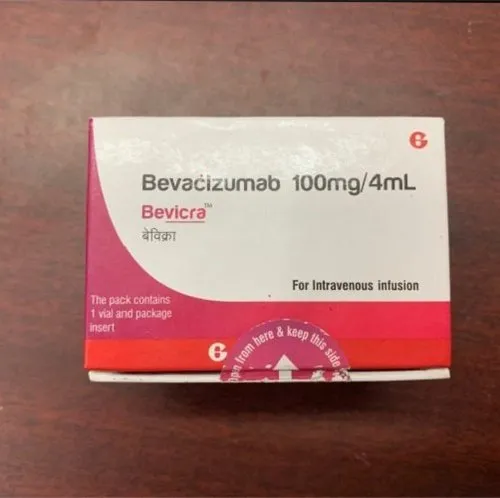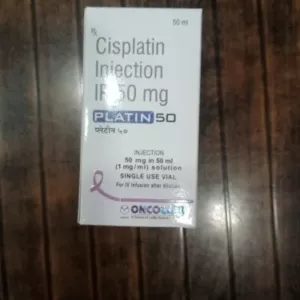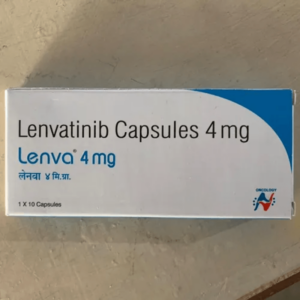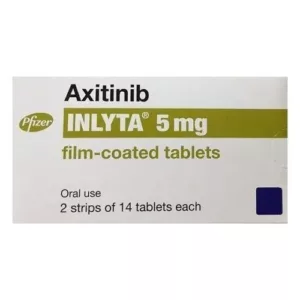Bevicra Injection is an effective medicine, first-line option when used together with other cancer medicines. It is given as an infusion. That means you get it through a small needle in your vein or through a port, which is a device placed under your skin. The doctor will decide your dose and duration and will check you for signs of an infusion reaction such as high blood pressure and trouble breathing. You keep taking Bevicra Injection as long as your disease is controlled and your side effects are manageable. Your doctor will determine whether you should stop taking it or not. You may be advised to check blood pressure and levels of protein in urine while you are taking this medication.
The most common side effects of this medicine include rectal bleeding, taste change, and headache. Inform your doctor that you are taking this medication before undergoing any surgical procedure, as the drug has ability to lower the ability of wound healing. Other than this, it also enhances your risk of bleeding thus if you notice any unusual bleeding or bleeding consult with your doctor immediately.
Inform your doctor if you are pregnant, planning pregnancy or breastfeeding. Many other medicines can affect, or be affected by, this medicine so let your healthcare team know all medications you are using.
USES OF BEVICRA INJECTION
BENEFITS OF BEVICRA INJECTION
In Cancer of colon and rectum
SIDE EFFECTS OF BEVICRA INJECTION
Common side effects of Bevicra
- Rectal bleeding
- Taste change
- Headache
- Nosebleeds
- Back pain
- Dry skin
- High blood pressure
- Protein in urine
- Inflammation of the nose
HOW TO USE BEVICRA INJECTION
HOW BEVICRA INJECTION WORKS
SAFETY ADVICE

Alcohol

Pregnancy

Breast feeding

Driving
Sleepiness and fainting have been reported with Bevicra Injection and this may impair your ability to drive.

Kidney

Liver










